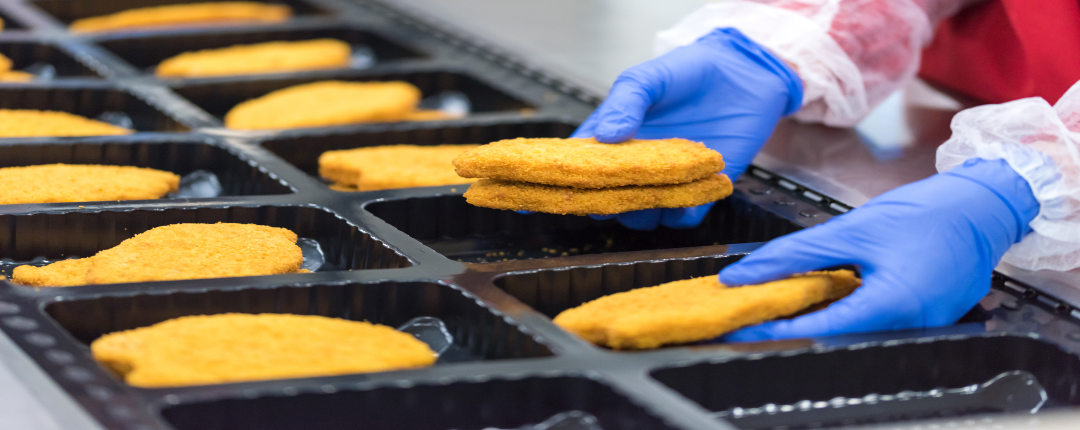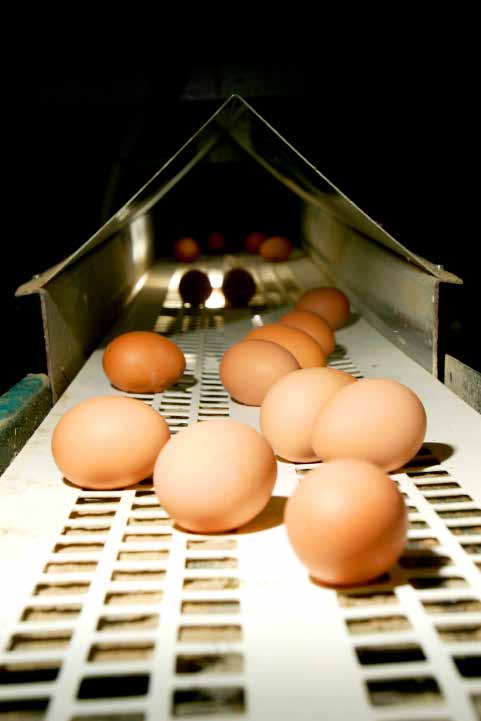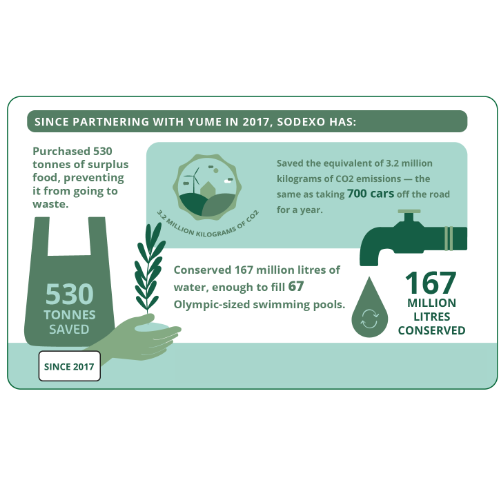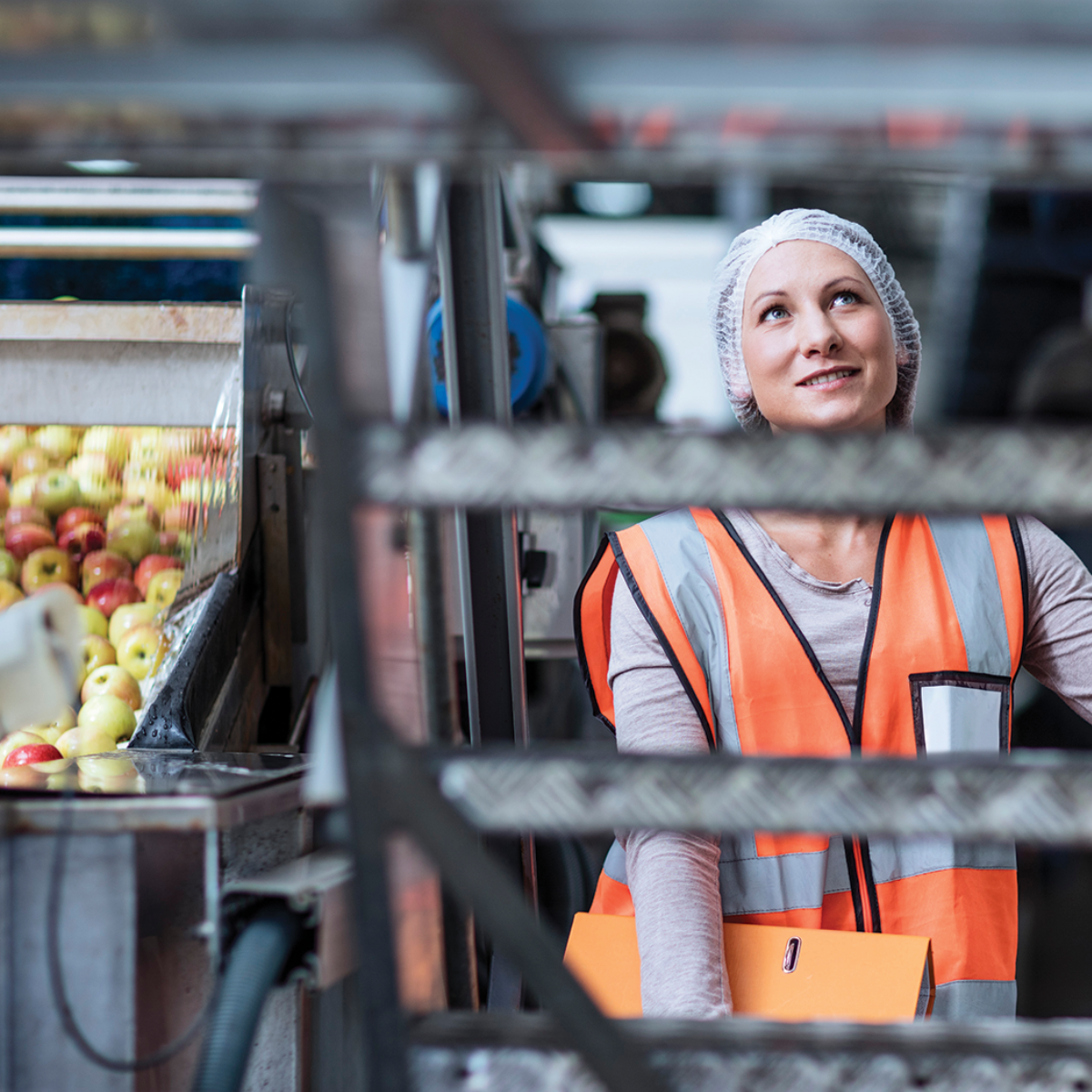
Reducing Food Waste: One Plate at a Time with Yume
Australians, each year, waste 7.6 million tonnes of food throughout the supply chain. 70% of this, however, is perfectly edible at the time. Food in landfills generates methane, a greenhouse gas that is at least 25 times more potent than automobile emissions, and thus, this waste contributes significantly to environmental damage.
Beyond the environmental impact, food waste represents a significant economic loss for businesses and consumers. Many manufacturers find themselves with surplus stock due to cancelled orders, limited storage, or products nearing their use-by dates, leaving them with few options besides disposal.
That’s not all. The other side of the story is that, according to The Foodbank Hunger Report 2024, about 3.4 million households in Australia have run out of food in the last year.
Partnership in Action
Sodexo recognised the opportunity to reduce food waste while supporting a local business that was doing wonders for the community and the environment alike. And thus, Sodexo became one of the first companies to partner with Yume, in 2017.
Sodexo leveraged Yume’s marketplace and integrated the surplus food into its procurement processes without compromising quality. The food from Yume meets the same high standards as other suppliers of Sodexo while avoiding food waste.
Additionally, Yume’s food redistribution platform streamlines the procurement process, ensuring easy spot buys, compliance checks, and efficient delivery—even to remote locations, which is critical for Sodexo’s operations in over 100 mining villages and camps, on and offshore, providing food services to over 20,000 workers daily.


